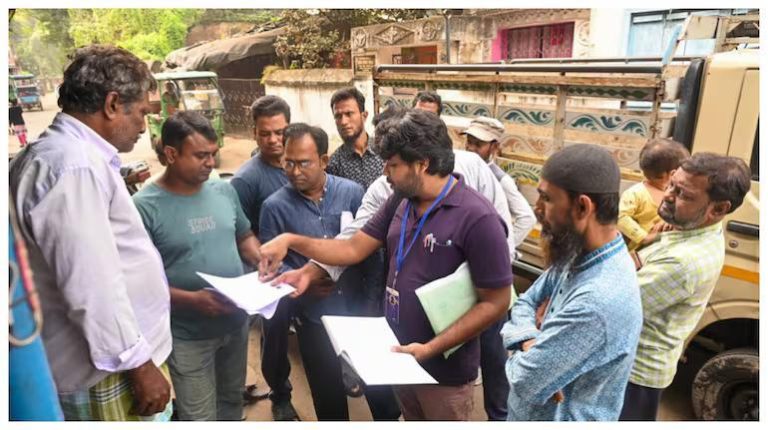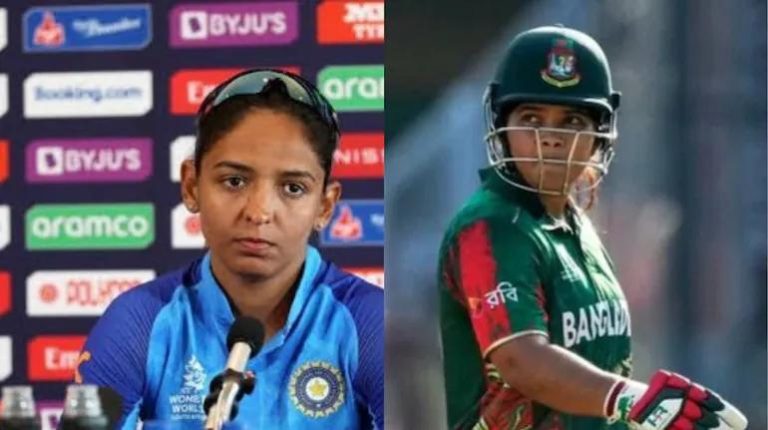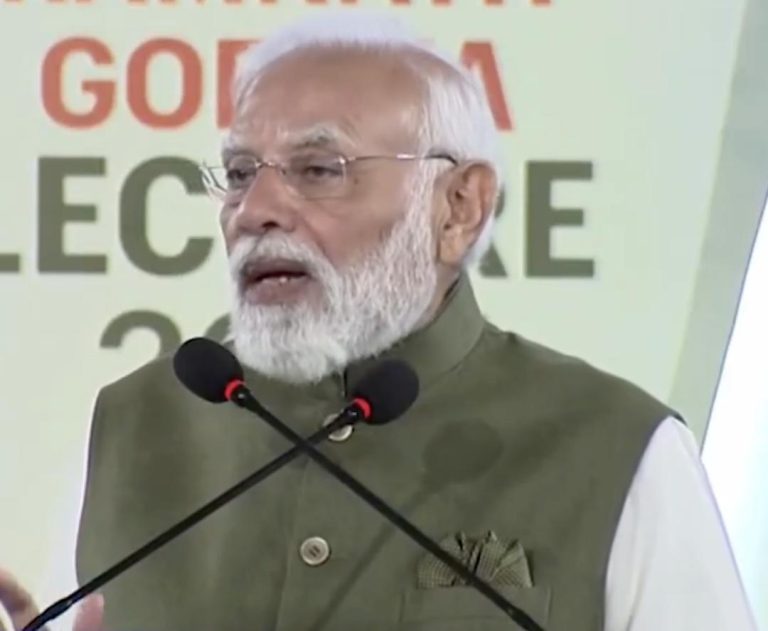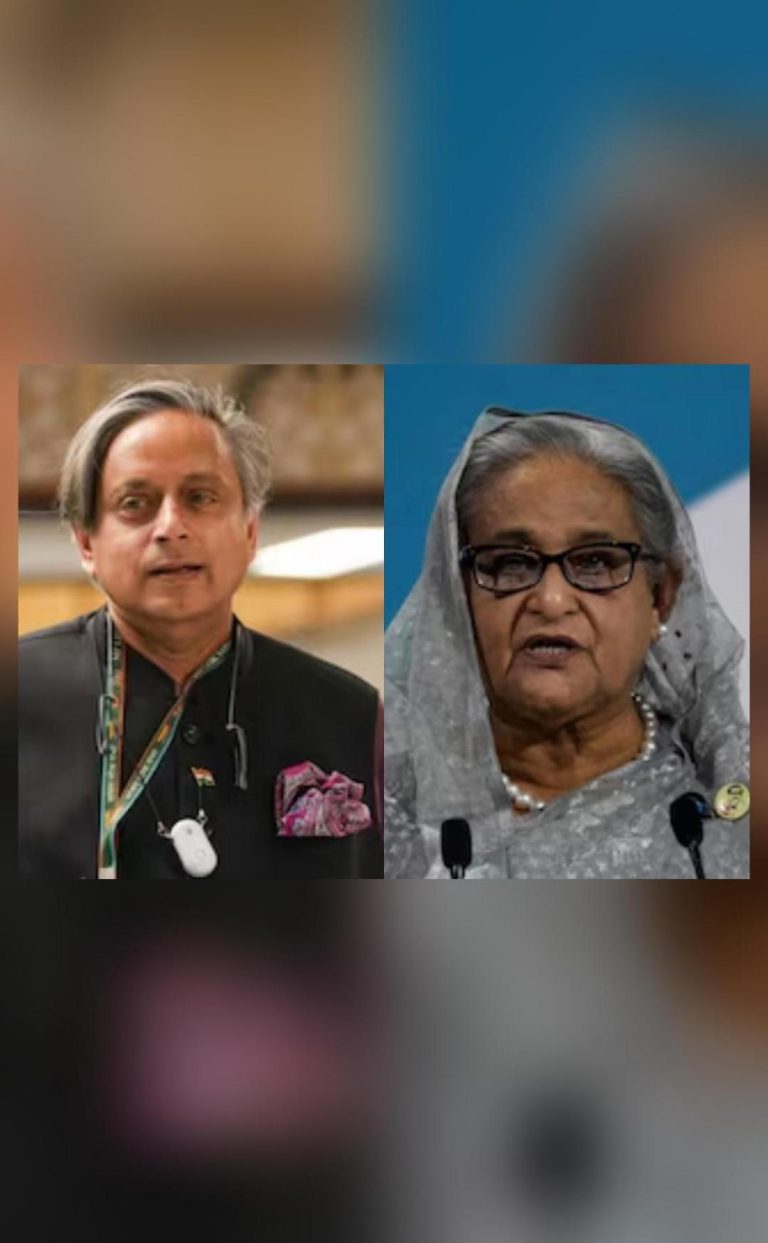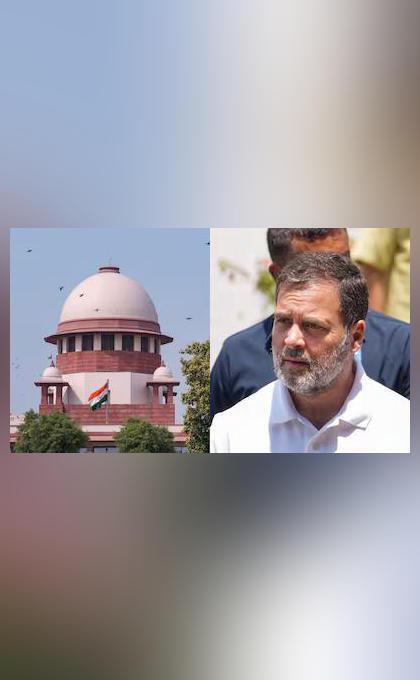
Why ask on social media & not in parliament: SC to Rahul on ‘land grab’ claim
The Supreme Court of India has recently rebuked Congress leader Rahul Gandhi over his claim that China had grabbed 2,000 square kilometers of Indian land. The court’s scathing remarks came while staying a defamation case against Rahul for his remarks about the Indian Army. The next hearing in the case is scheduled for three weeks from now.
Rahul Gandhi had made the claim in 2020, sparking a national controversy. However, the Supreme Court questioned the basis of his claim, asking how he knew that 2,000 square kilometers of Indian land was occupied by China. The court’s skepticism towards Rahul’s claim highlights the importance of verifying information before sharing it with the public.
The Supreme Court’s rebuke of Rahul Gandhi’s claim is not the first instance of the court questioning the accuracy of information shared by politicians on social media. In recent years, there have been numerous instances where politicians have been caught spreading misinformation or making unsubstantiated claims on social media.
The ease with which politicians can share information on social media has led to a proliferation of misinformation and fake news. In the age of social media, it is easy for anyone to become an instant expert and share their opinions with the world. However, this has also led to a lack of accountability and a dearth of fact-checking.
The Supreme Court’s rebuke of Rahul Gandhi’s claim is a timely reminder of the importance of verifying information before sharing it with the public. The court’s skepticism towards Rahul’s claim highlights the need for politicians to be more responsible and accountable for the information they share on social media.
In recent years, there have been numerous instances where politicians have been caught spreading misinformation or making unsubstantiated claims on social media. For example, in 2019, Union Minister of State for Human Resource Development, Sanjay Dhotre, claimed that the Indian economy was growing at a rate of 8% per annum. However, the official data released by the National Statistical Office (NSO) showed that the economy was growing at a rate of 5% per annum.
Similarly, in 2020, BJP leader Subramanian Swamy claimed that the Indian government had not spent any money on the COVID-19 pandemic. However, the National Health Mission (NHM) had released data showing that the government had spent lakhs of crores on the pandemic.
The proliferation of misinformation and fake news on social media has serious consequences. It can lead to the spread of false information, damage to reputations, and even harm to individuals and communities.
In this context, the Supreme Court’s rebuke of Rahul Gandhi’s claim is a timely reminder of the importance of verifying information before sharing it with the public. The court’s skepticism towards Rahul’s claim highlights the need for politicians to be more responsible and accountable for the information they share on social media.
The court’s rebuke also raises questions about the role of social media in spreading misinformation. While social media has the power to spread information quickly and widely, it also has the power to spread misinformation and fake news.
In recent years, there have been numerous instances where social media platforms have been used to spread misinformation and fake news. For example, during the 2019 general elections, social media platforms were flooded with fake news and propaganda.
In this context, the Supreme Court’s rebuke of Rahul Gandhi’s claim highlights the need for social media platforms to take responsibility for the information they host. Social media platforms must take steps to verify the accuracy of information before allowing it to be shared.
The court’s rebuke also raises questions about the role of politicians in spreading misinformation. While politicians have a right to express their opinions and share their views with the public, they also have a responsibility to ensure that the information they share is accurate and reliable.
In recent years, there have been numerous instances where politicians have been caught spreading misinformation or making unsubstantiated claims. For example, in 2020, Union Minister of State for Agriculture, Kailash Chaudhary, claimed that the Indian government had achieved 100% success in the eradication of tuberculosis. However, the World Health Organization (WHO) had released data showing that India still had a significant number of tuberculosis cases.
In this context, the Supreme Court’s rebuke of Rahul Gandhi’s claim highlights the need for politicians to be more responsible and accountable for the information they share on social media.
The Supreme Court’s rebuke of Rahul Gandhi’s claim is a timely reminder of the importance of verifying information before sharing it with the public. The court’s skepticism towards Rahul’s claim highlights the need for politicians to be more responsible and accountable for the information they share on social media.
In conclusion, the Supreme Court’s rebuke of Rahul Gandhi’s claim is a timely reminder of the importance of verifying information before sharing it with the public. The court’s skepticism towards Rahul’s claim highlights the need for politicians to be more responsible and accountable for the information they share on social media.
